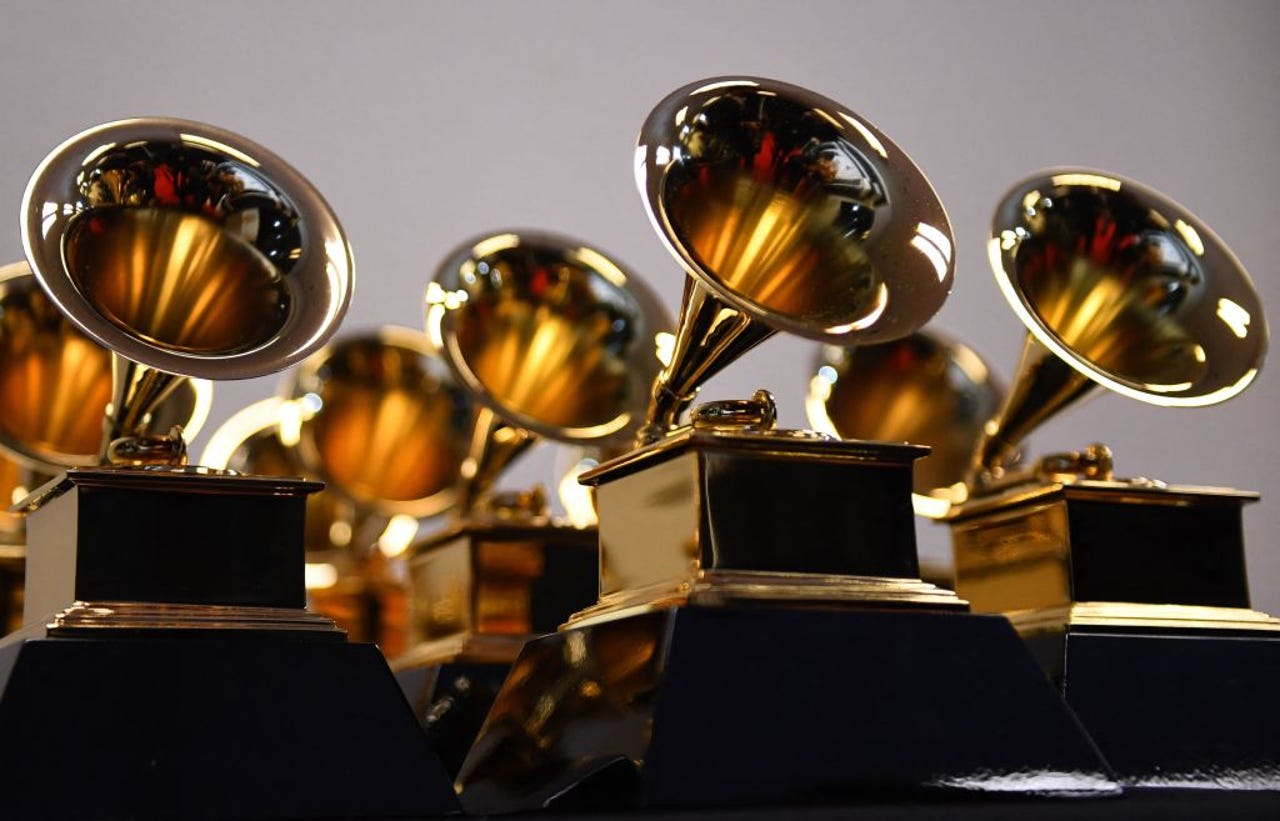The Grammys just drew the line between artists and AI-generated music


There are copyright implications, especially when artists aren't explicitly agreeing to their voices being re-used for new songs.
Every year, the Recording Academy, the organization behind the Grammy Awards, must reevaluate its guidelines and award rules to reflect such factors as the shifting popularity of music genres and new award categories. This year, the Academy has to account for a new up-and-coming artist--AI.
Generative AI has permeated many different industries including the music scene, allowing people to create entire songs simply by using AI.
As demonstrated by an AI-generated song featuring The Weeknd and Drake that went viral a couple of months ago, AI is capable of creating songs that sound like the real deal.
Also: Meta unveils Voicebox AI to replicate the voices of your friends and loved ones
However, there are copyright implications, especially when artists -- like The Weeknd and Drake, in this instance -- aren't explicitly agreeing to their voices being re-used for new songs.
In other instances, artists are approving of music AI generation within their music. For example, The Beatles are harnessing the power of AI to bring John Lennon's voice back for one last track.
So how do these songs fare against the Grammy Awards' standards and guidelines?
"Only human creators are eligible to be submitted for consideration for, nominated for, or win a Grammy Award," according to the new 2024 Grammy Awards rules.
Even though only human creators will be recognized for their work, it doesn't mean AI-generated music won't be recognized.
Also: Most US workers want to adopt emerging tech like AI but see senior leaders as an obstacle
AI music and content can be submitted to the Grammys for consideration, but the awards will only go to the humans who contributed to the piece.
If the work contains no human authorship and depends solely on AI, it is not eligible for consideration.
Furthermore, in the songwriting and performance categories, the piece has to be mostly written or performed by a human for the work to be considered for a Grammy.
Also: AI has created areas so grey, you could write a song about it
As AI continues to impact and change the music industry, we can expect the Recording Academy's guidelines will also continue to evolve, with one day perhaps rewarding AI artists for their work.